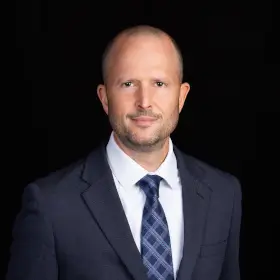A lot of people are wondering how, in this age of Sarbanes Oxley, someone catering to sophisticated investors could pull off a $50 billion Ponzi scheme. Didn’t the internet bubble, Enron and WorldCom teach investors and regulators anything?
The answer is complex, and has a lot to do with the lack of transparency and regulation in the hedge fund world (both to change soon). More broadly, it has a lot to do with human psychology. This isn’t the first major financial scandal to come undone during a financial crisis and it certainly won’t be the last. This is conveyed perfectly in this passage from John Galbraith’s book “The Great Crash of 1929” – – I found the quote at Andy McSmith’s blog.
“To the economist embezzlement is the most interesting of crimes. Alone among the various forms of larceny it has a time parameter. Weeks, months, or years may elapse between the commission of the crime and its discovery. (This is a period, incidentally, when the embezzler has his gain and the man, who has been embezzled, oddly enough, feels no loss. There is a net increase in psychic wealth.) At any given time there exists an inventory of undiscovered embezzlement in – or more precisely not in – the country’s businesses and banks. This inventory – it should perhaps be called the Bezzle – amounts at any moment to many millions of dollars. It also varies in size with the business cycle. In good times people are relaxed, trusting, and money is plentiful. But even though money is plentiful, there are always many people who need more. Under these circumstances the rate of embezzlement grows, the rate of discovery falls off, and the bezzle increases rapidly. In depression all this is reversed. Money is watched with a narrow, suspicious eye. The man who handles it is assumed to be dishonest until he proves himself otherwise. Audits are penetrating and meticulous. Commercial morality is enormously improved. The bezzle shrinks.
Just as the boom accelerated the rate of [embezzlement] growth, so the crash enormously advanced the rate of [embezzlement] discovery. Within a few days, something close to universal trust turned into something akin to universal suspicion. Audits were ordered. Strained or preoccupied behavior was noticed. Most important, the collapse in stock values made irredeemable the position of the employee who had embezzled to play the market. He now confessed.”

